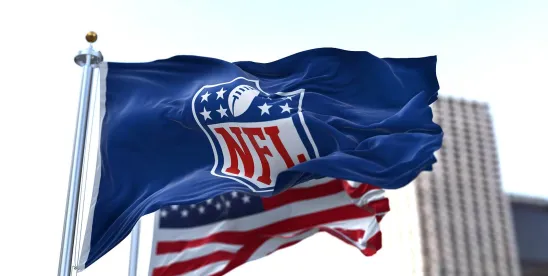Today's Wall Street Journal story about Roger Goodell's decision to maintain the NFL's DEI programs reported that Mr. Goodell stood by the football league’s diversity initiatives, which would not change in response to the political climate. The article noted that Mr. Goodell characterized the NFL's programs as being both positive for the league and a “reflection of our fan base and our communities and our players.” While the NFL's decision to push back against the current anti-DEI trend is notable, it is clear that the NFL made this decision after conducting a thoughtful and introspective process, which included an understanding of a key DEI goal - which is to level both the literal and figurative playing field.
Mr. Goodell noted that the purpose of the NFL's DEI programs in reference to the talent pipeline was “about opening that funnel and bringing the best talent into the NFL.” DEI detractors often base their attacks on the premise that DEI causes bias, rather than diminishing it. But in fact, and as I noted last year in Merit Unmasked, DEI's true goal is to unmask overlooked talent. I posited then (and believe now) that DEI should be framed as talent-searching, and never as talent-diminishing. If we reframe the approach to DEI in this fashion - like the NFL and many other businesses that have engaged in meaningful introspection about their DEI programs - then it becomes much easier to understand, accept, and advocate for the reasons supporting DEI, and how to tailor it for each business.
The NFL has long offered Americans the joy (and misery) of competition, the celebration of (and frustration with) sport, and the community of (and discord among) fans. But it is interesting times indeed to see the NFL as a model for American business on how to best fully serve corporate communities, employees, and stakeholders.




 />i
/>i

